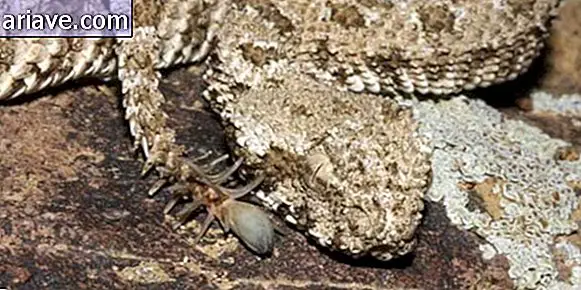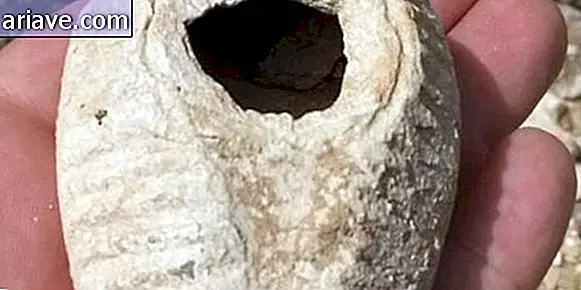Researchers find cost-effective solution for reusing glass shards
Scientists at the University of Queensland (UQ) in Australia have found a cheap and efficient method of reusing glass waste. Professor Damien Batstone and Ph.D. candidate Rhys Pirie have developed a method for extracting liquid silicate from broken glass, a material that can be used in thousands of products, from fertilizers to detergents and toothpaste.
According to Pirie, the method is cheaper and sustainable than the conventional one. "We estimate that the process is at least 50% cheaper than conventional forms of silicate production. It requires less energy, raw material and capital, and this before considering the reduced social and economic costs compared to landfill material. " Brazil, for example, produces an average of 980, 000 tonnes of glass packaging per year, using about 45% of recycled raw material in the form of shards.

Credit / University of Queensland
The pair took inspiration from ABC's War on Waste series to create the solution that also leaves little waste as almost all glass is made into salable products. Pirie began investigating the possibilities of glass recycling after talking with Professor Batstone of UQ's Advanced Water Management Center, which specializes in converting waste into high value products. "The transition to circular economies is a movement that is gaining momentum and something I've always been interested in, " he said, whose research highlights the importance of using and recycling raw materials and energy incorporated during manufacturing. "This is what this process does and we are very confident that it will create positive, comprehensive and virtuous economic cycles, " says the researcher.
UniQuest, UQ's trading company, has applied for a patent to protect the process and is now looking for trading partners. For the remainder of his Ph.D., Pirie said he is looking for ways to use glass waste to create a low cost additive to increase fertilizer efficiency.











